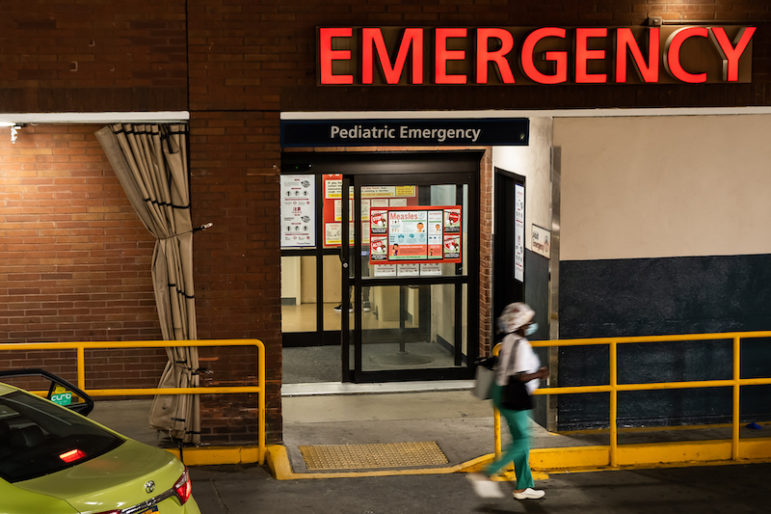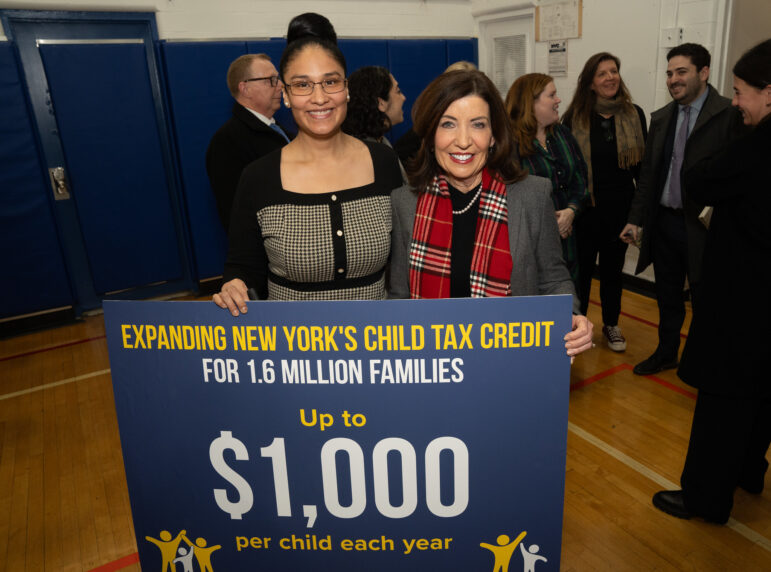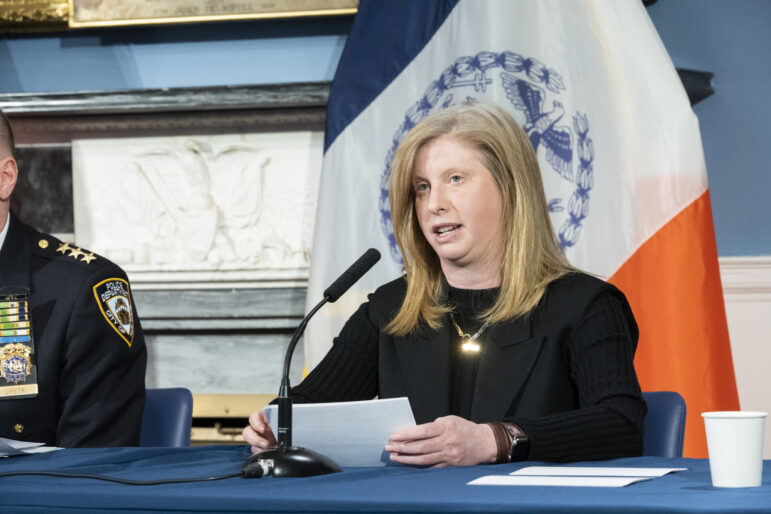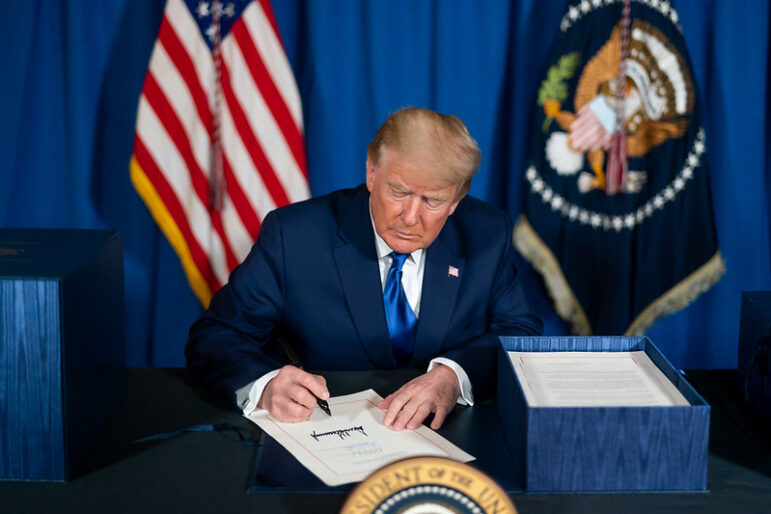As advocates for low-income tenants see it, talk of creating affordable housing downtown is getting cheaper by the day.
Last Monday, the Lower Manhattan Development Corporation, along with the mayor and Governor George Pataki, announced it will invest $50 million in federal community development funds to subsidize 300 apartments near the former site of the World Trade Center. And those apartments will only be affordable to middle-income tenants: The subsidy is intended to make 20 percent of the units in four downtown luxury developments affordable for households earning between $50,000 and $85,000. The buildings will be financed with Liberty Bonds, a federal tax-free bond program which allocates $1.6 billion for private residential development. About 5,000 luxury apartments are already in the works.
These will be the first Liberty Bond apartments to rent for less than market rate. But housing advocates fear that the possibility of getting some low-income housing out of the lower Manhattan subsidies is slipping away.
“The announcement this week is a big dose of rhetoric,” said Bettina Damiani of the Liberty Bond Housing Coalition, which has been lobbying the LMDC to use the recovery money to create low-income housing.
The $50 million, suggested City Councilmember Alan Gerson, could have helped preserve as affordable the 5,000 apartments in his downtown district that are in danger of losing their rent controlled or stabilized status over the next three years.
But the Liberty Bond program was never meant to preserve affordable housing, said Tracy Paurowski, spokesperson for the city’s Housing Development Corporation. The bonds were issued to fund “new construction, conversion or substantial renovation,” she said, and the legislation creating the bonds doesn’t provide tax credits or other affordable housing incentives.
The city does have its own plans to make some housing for low-income New Yorkers, by charging each developer a three percent fee on each bond, which will then go into an affordable housing pool. But in general, said Paurowski, “The economics of this program and of the money required to create affordable housing in lower Manhattan are not matching up.”
Still, the LMDC has broad authority to allocate the $2.7 billion in federal funds designated for rebuilding. The middle-income housing program is the first of several programs to create housing in lower Manhattan, said LMDC spokesperson Michele McManus, though she would not comment on future plans.
That leaves downtown tenants watching and waiting. Said Councilmember Gerson aide Michael Kadish, “We don’t want the redevelopment to start by kicking out all the low-income people.”








